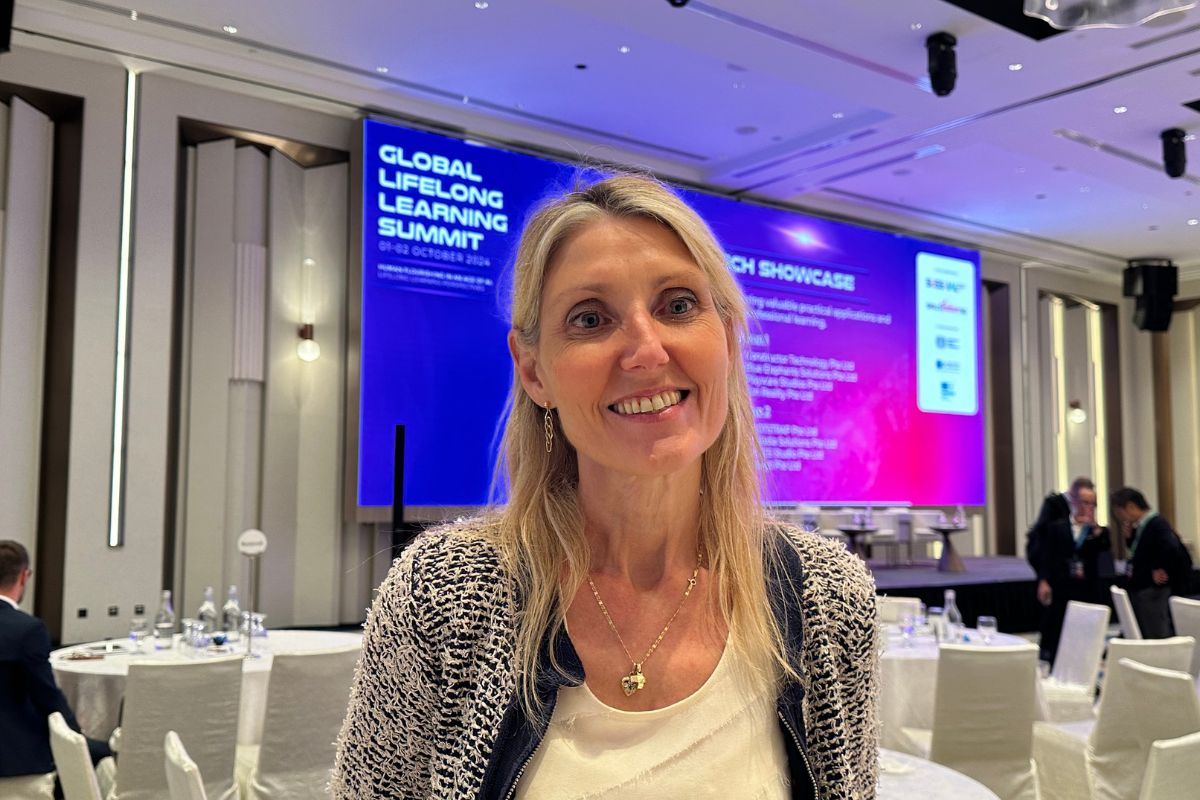World Future Council launches policy handbook to advance institutional child protection

Every child should be living free from violence. With the impact of the Covid 19 pandemic, increasing migration, and conflicts, this reality has grown to an even greater dimension putting many families under immense pressure. Today, on the occasion of the International Day of Families, the World Future Council launches its new policy handbook for advancing institutional child protection using the One-Stop Centre model (OSC). The brochure presents country case studies examines experiences, discusses their strengths and shortcomings, and extracts the key lessons learned for the minimum requirements necessary to support OSCs for policy makers and stakeholders engaged in the field of child protection.
The OSC model is a cost-effective and easy-to-implement response for countries and municipalities to rising cases of violence against children. Working as a multidisciplinary, multisectoral, and interagency approach, these centres have provided several necessary services to respond to cases of child abuse, violence, maltreatment, and neglect, all under one roof.
“No violence perpetrated against a child is justifiable. The UN Convention on the Rights of the Child (CRC) urges States Parties to take all appropriate measures to ensure that every child is protected against all forms of violence, abuse and neglect. Over the last few decades, many One-Stop Centres have emerged, bringing together key sectors from existing institutional and protective structures to cohesively respond to all child survivors of violence. These centres have been a foundational tool contributing to strengthening national child protection systems”, says Professor Benyam Dawit Mezmur, Current Member and Former Chairperson of the United Nations Committee on the Rights of the Child (CmRC) and Former Chairperson of the African Committee of Experts on the Rights and Welfare of the Child.
An example of a country where this model is already being successfully implemented is the semi-autonomous archipelago of Zanzibar which took inspiration from the model’s implementation in its neighbouring country, Zambia. In 2015, it was Zanzibar’s approach that won the Future Policy Gold Award for the creation and implementation of its inspiring Children’s Act showing one example of where policymakers and stakeholders have come together to facilitate change and have pledged to secure a better and safe life and environment for its children.
The aim of this policy brochure has been to delve deeper into individual country experiences to gauge at the best practices and lessons learnt to deduce some key requirements necessary to sustain OSCs responding to violence against children but also to inspire policy makers to implement similiar concepts.
The authors recommend fifteen critical and minimum standards for the implementation and operation of OSCs, among others the following:
- In implementing and operating child protection systems including OSCs, states must adopt all necessary approaches and measures that uphold and respect the rights of children
- States should adopt a protocol on the minimum standards required in the multidisciplinary and interagency provision of services at OSCs
- States must ensure that OSCs cater to all child survivors of all forms of violence, of all demographics, and have the capacity to include the provision of services for children with disabilities
- To reduce anxiety and retraumatisation, it is fundamental that OSCs provide an environment for children to feel and be safe and secure
- Prevention remains the best protection, so work must be intensified here.
“The problem is that in most African countries, we have police stations in one place and the next available hospital is too far away. This One-Stop Centre model is the only way of ensuring a child-friendly response to violence against children, because it has all the medical, psychological, legal and law enforcement services under one roof, thereby easing access for victims, and preventing retraumatisation”, says Dr Nkatha Murungi, Assistant Director of the Centre for Human Rights and Senior Lecturer at the Faculty of Law at the University of Pretoria, Councillor of the World Future Council
“We hope that the experiences gathered around the world in this policy handbook can be utilised to improve our collective efforts in strengthening child protection systems. Ending violence against children now is urgent –it is a basic human right. Governments need to prioritise children’s rights and secure sufficient funding for child protection centres“, says Alexandra Wandel, Executive Director, World Future Council
The full policy handbook is now available online here.











Responses